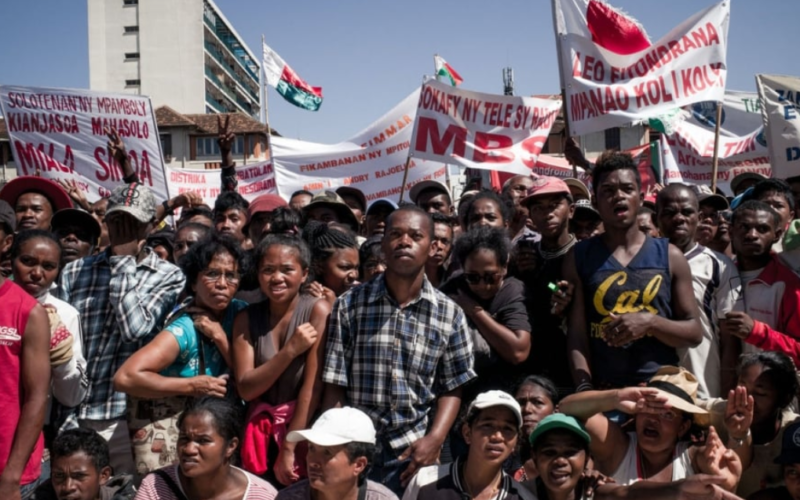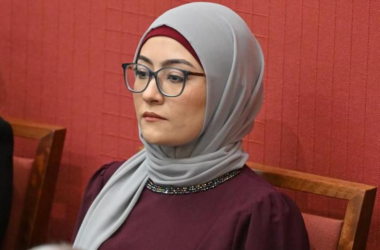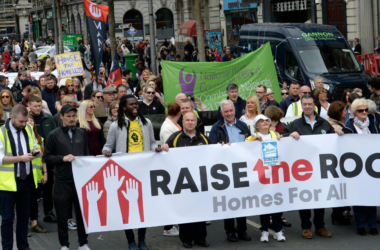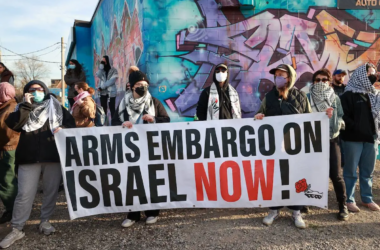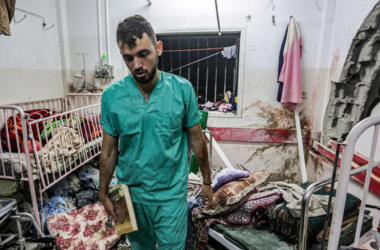As Madagascar grapples with severe economic challenges and a series of weather-related crises, the nation is now embroiled in a contentious election marked by violence and calls for a boycott. The impoverished country, heavily dependent on foreign aid, faces the risk of a humanitarian crisis if the election dispute further deters crucial support from international benefactors. This article delves into the unfolding situation in Madagascar, exploring the factors contributing to the unrest and the international community’s concerns.
With the majority of its 30 million residents living in poverty, Madagascar’s economic backbone, agriculture, has been battered by successive weather-related catastrophes in recent years. The resulting damage has exacerbated the humanitarian crisis, pushing the nation to heavily rely on foreign aid. There are growing apprehensions that a disputed election could lead to a reduction in international support, exacerbating the already precarious situation, warns Andoniaina Ratsimamanga, a spokesperson for the Red Cross involved in the humanitarian response.
The election process has been marred by violent clashes and widespread discontent since the commencement of campaigning in October. Demonstrators and security forces have clashed at political rallies, with supporters of opposition candidates facing beatings, arrests, and gunfire. Protesters express frustration with an electoral system they perceive as rigged, prompting calls for a boycott. The National Assembly’s leader and numerous civil society organizations in Madagascar have urged the election commission to postpone voting due to escalating instability.
The international community, including the United Nations, several European countries, and the United States, has expressed concerns about the government’s forceful suppression of election-related activities. Critics argue that the incumbent president, Andry Rajoelina, who stepped down to run for re-election, enjoys the advantages of incumbency. Opposition candidates contend that state security forces have disrupted their campaigns, judicial decisions favor Rajoelina, and the national election commission is stacked with his allies. Some claim Rajoelina’s ineligibility based on his acquisition of French citizenship.
The United Nations, noting the deteriorating human rights situation in Madagascar, condemned the unnecessary and disproportionate use of force by security forces. A coalition of embassies, including the European Union, the United States, and Japan, supported the UN’s position and urged restraint. The United States contributed $400,000 to Madagascar’s election commission this year to promote education and awareness about the election. Despite calls for a boycott, at least one opposition candidate, Siteny Randrianasoloniaiko, advocates for active participation, emphasizing the importance of challenging any discrepancies discovered during the electoral process.
Madagascar’s election is unfolding against a backdrop of economic challenges and weather-related crises, with violence and calls for a boycott intensifying the political turmoil. The risk of a humanitarian crisis looms large, as international support may dwindle amid the ongoing dispute. The international community’s concerns, expressed through various statements and financial contributions, highlight the gravity of the situation. The coming days will determine the impact of these challenges on the nation’s political landscape and its ability to navigate towards stability and prosperity.




